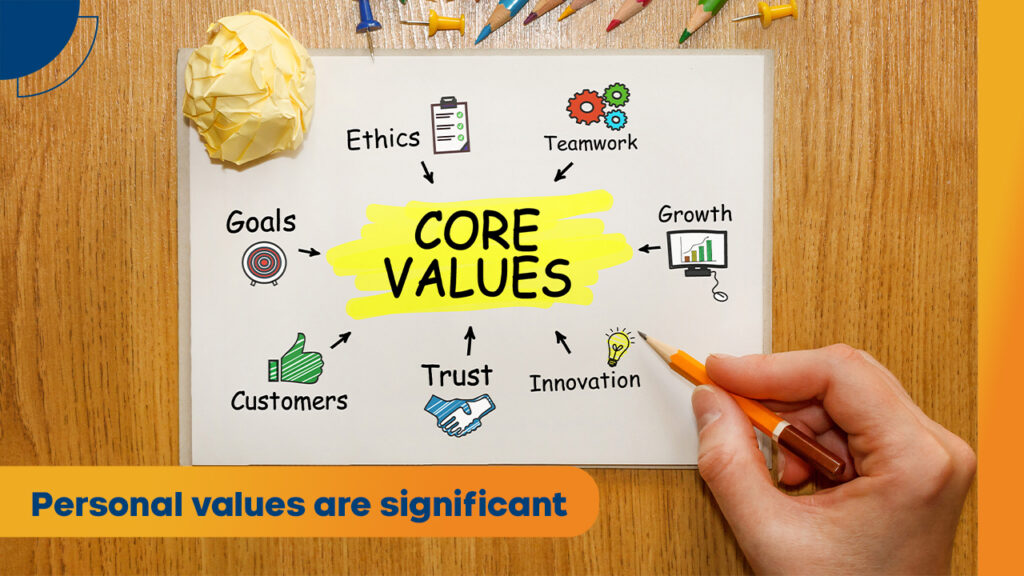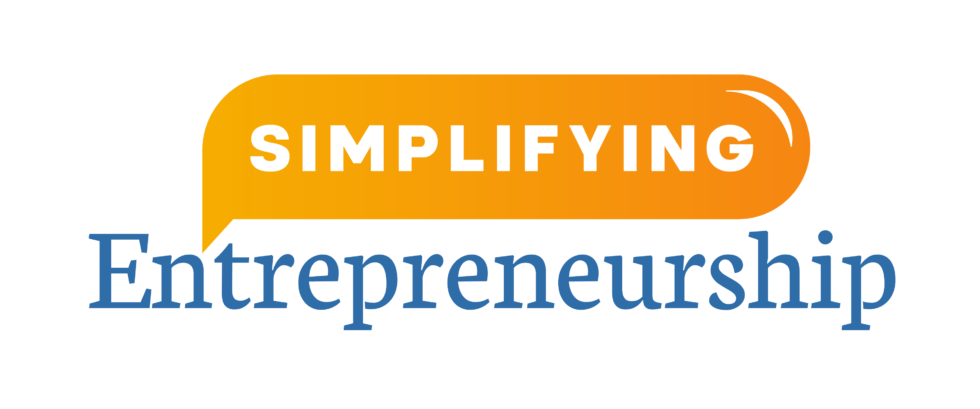Are you ready to unlock the secret to better decision making? I’ve been writing about the 5 Fs of better decision making: Future, Facts, Figures, Feelings and Feedback. The fourth of those, the Feelings, has to do with the role of emotions and emotional intelligence cannot be underestimated. Understanding the impact of values, biases, and intuition in decision making is crucial to overcoming the roadblocks that hold us back. So, let’s dive in and explore how you can harness the power of your feelings to make informed choices that align with your business goals.

Let’s start with personal values, which play a significant role in decision making. When your team is aligned with your business’s values and promises, you’re on the right track. However, if there’s a misalignment, problems can arise. Personal values are the beliefs and principles that guide our actions and decisions. Aligning your choices with your values ensures that decisions are not only rational but also resonate with integrity and purpose. It’s essential to reflect on whether everyone involved in the decision is in alignment with the purpose and values of the business.
We all have biases that can influence our decision making, often unconsciously. Recognizing and acknowledging these biases is a crucial step in mitigating their influence. Some common biases include confirmation bias, where we seek information that confirms our existing beliefs; anchoring bias, where we rely too heavily on the first piece of information encountered; and the sunk cost fallacy, where we consider past investments and feel reluctant to let go. By being aware of these biases, you can make decisions that are better aligned with your business’s best interests.

Intuition, often referred to as “gut feel,” also plays a vital role in decision making, particularly when data and analysis are limited. Trusting your intuition and tapping into your wisdom can lead to better decisions. While we crave facts and figures, there are times when relying on your innate knowledge and instincts becomes necessary. Developing your intuition and learning to trust your gut can guide you when faced with uncertainty.
Involving the right people in the decision-making process is crucial. Actively listening to stakeholders and genuinely understanding their concerns is essential. Empowering your team with open and transparent communication creates a culture of trust and collaboration, where the best decisions are made. Put yourself in their shoes, empathize with their feelings, concerns, and perspectives. When stakeholders feel valued and respected, their input becomes more valuable in the decision-making process.
Balancing conflicting opinions is a natural part of the decision-making process. Encountering diverse perspectives is healthy, as it leads to finding common ground and understanding different concerns. By integrating the emotional aspect of decision making and considering stakeholders’ opinions and perspectives, you can make more informed choices that better serve your business and stakeholders.

Making decisions can be challenging when emotions are involved, but it’s crucial to push through. In the final step, feedback, feelings are significant. When people’s emotions are hurt, and they don’t feel trusted or empowered, the quality of feedback suffers. In the next article, I’ll dive into the importance of feedback in the decision-making process.
So, which aspect of emotional intelligence do you want to improve to make even better decisions for your business? Reflect on the role of feelings in decision making and embrace the power of emotional intelligence. By mastering this fourth “F,” you’ll unlock new levels of success and fulfillment in your entrepreneurial journey.
Make it a great day as you navigate the world of decision making with emotional intelligence!
This article was based on an episode of the Business Owner Breakthrough Podcast.





0 Comments